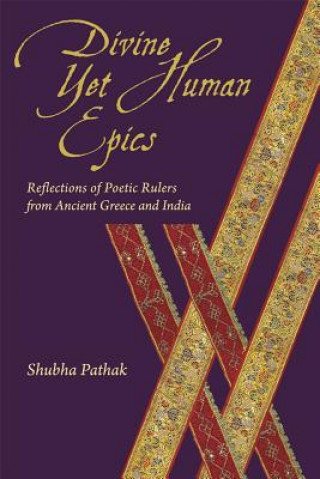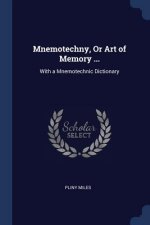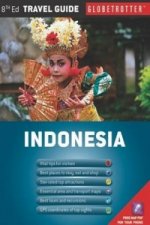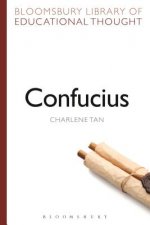
Delivery
Shopping guide





Doesn't suit? No problem! You can return within 30 days
 Gift voucher
any value
Gift voucher
any value
You won't go wrong with a gift voucher. The gift recipient can choose anything from our offer.
Divine Yet Human Epics
 English
English
 77 b
77 b
 Delivery to Austria
Delivery to Austria
30-day return policy
You might also be interested in


The central character of "Divine Yet Human Epics" is the developing conception of epic itself. Its story unfolds as the ancient Greek idea of epic originates with Pindar and Herodotus on the basis of the "Iliad "and "Odyssey." While this notion eventually leads their Sanskrit counterparts, the "Ramaya?a "and "Mahabharata, " to be understood selectively in modern times, medieval readers Anandavardhana and Rajasekhara reveal distinctive features of these ancient Indian poems earlier in this exegetical tale. Shubha Pathak's interpretative account concludes with a new way to connect these primary epics to their Greek analogues. Both epic pairs feature poetic kings who together affirm and interrogate their societies' central religious ideals: Greek "kleos" (or heroic glory, which assuages uncertainty about the afterlife) and Indian "dharma "(or righteousness, which counters encroaching immorality). The Greek and Sanskrit epics, by showing both the divine ease and the human difficulty with which "kleos" and "dharma" are achieved, employ similar teaching strategies to address the shared psychological needs of human beings learning to live within the disparate cultures of ancient Greece and India. This cross-cultural comparative study thus provides a more comprehensive perspective on the poems' religiosity than the vantage points of Hellenists or of Indologists alone."
About the book
 English
English


 Contact
Contact How to shop
How to shop




























